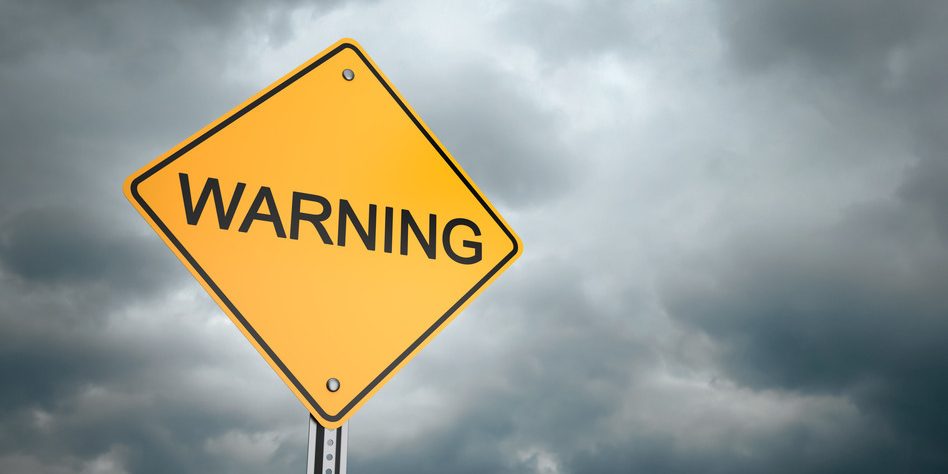Builder Gone Bust? Don’t be collateral damage! With the damaging impact of recent company collapses in the building industry, many might be deterred from building a new home – but if you do proceed – how to minimise the risk of falling victim to failed builders? What means do you have available if your builder has ceased business, discontinues work, becomes bankrupt, goes into insolvency, disappears, or even dies during the construction of your new house? If you have a dispute with your builder regarding defective works, there are several steps you can take to protect your interests and seek recourse. In Victoria, here’s what you can do:
1. Review Your Contract:
Carefully review the building contract you have with the builder. It should outline the terms and conditions, including dispute resolution procedures, payment schedules, and the Domestic Building Insurance provisions.
2. Communicate with your Builder:
If you encounter problems with the builder or if they have ceased work, it’s important to communicate your concerns in writing. Attempt to resolve the issues through discussion and negotiation.
3. DBDRV – Domestic Building Disputes Resolution Victoria:
Domestic Building Disputes Resolution Victoria provides a conciliatory approach to disagreements between builders and owners. The DBDRV was established by the Victorian Building Authority (VBA) and the intention is to structure the issues into categories such as construction issues in dispute, and, separately, any Contract or Payment issues. The process often leads to builders agreeing to rectify defects and owners accepting that some of their concerns may not be building defects. Sometimes after rectifications, outstanding issues may remain in dispute, and an independent inspector such as Houspect is called in to ascertain the defects and resolutions.
4. Victorian Managed Insurance Authority (VMIA):
The Victorian Managed Insurance Authority (VMIA) can play a role in assisting you when a builder becomes insolvent, dies, or disappears. The VMIA administers the Domestic Building Insurance Program in Victoria, designed to protect homeowners in these situations. Under this scheme, you may be eligible to make a claim for compensation. Domestic Building Insurance (DBI), also known as Builder’s Warranty Insurance, provides coverage for incomplete or defective work, as well as compliance with building regulations and standards. https://www.vmia.vic.gov.au/insurance/domestic-building-insurance
Builders are required to take out DBI on behalf of the homeowner for all domestic building projects over $16,000. DBI provides some protection to homeowners in the event that their building project cannot be completed, or has defective works which cannot be rectified. Learn more about how DBI covers you: https://www.houspect.com.au/victoria/builders-warranty-insurance/
5. File a Claim with VMIA:
To make a claim under the Domestic Building Insurance Program, you will need to follow the process outlined by VMIA. This typically involves notifying VMIA about the issue and providing them with the necessary documentation to support your claim. Go to the Claims Portal: https://dbi.vmia.vic.gov.au/
If you’ve had renovation or construction work undertaken and claim the building contractor has made some errors or there is unsatisfactory workmanship evident since the Handover, it can be very difficult to prove liability without an independent expert opinion. Houspect Victoria provides professional Building Defect Inspections & “Stop Work” Reports for dispute resolution for property owners and managers across greater Melbourne, Geelong and some regional areas. Our reports are effectively a ‘statement of works’ or account of current property conditions, with descriptions provided by our inspectors about standards of workmanship, materials, damage, defects, etc, plus any other problems or apparent issues.
Houspect Building Inspectors are all VBA-licensed builders with many years’ industry experience, and are thus qualified to undertake visual assessments and report defects, giving you an unbiased, expert report on the property’s status. Inspectors make recommendations on the concerns identified, along with the Scope of Works and cost estimates if required. If there are significant structural concerns best assessed by an engineer, our Houspect Building Inspector will advise you as such.
Until disputes over defective work and/or withheld payment issues are resolved, suspension of work can become a ‘stop-work’ situation if prompt resolution is not reached. Houspect Victoria’s expertise can be summoned to identify any disparity between the value of works completed-to-date and amounts paid-to-date, to then determine the value of any gap payment or payout applicable to achieve parity of these two aspects. For more information about Houspect Victoria’s expert inspections and assessments, please visit our website: https://www.houspect.com.au/victoria/building-dispute-defect-inspections.html
6. Alternative Dispute Resolution:
VMIA may assist in mediating disputes between owner and builder, seeking to broker a resolution that is fair to both parties.
7. Seek Legal Advice:
If disputes escalate and you’re unable to reach a resolution with the builder, consult with a legal professional who specialises in construction or contract law. They can provide legal guidance and represent your interests.
8. Seek Court Action:
If these avenues of negotiation fail, the matter can be taken to VCAT (Victorian Civil and Administrative Tribunal). A legal proceeding may be necessary to enforce your rights and seek compensation for incomplete or defective work. Our service aims to help you reach a mutually acceptable resolution without the expense of going to court. However, if pursuing your case further for legal resolution, a Houspect Building Defects Report is the unbiased assessment you will need to witness and support your claim.
It’s important to note that the VMIA’s role is primarily related to builder’s warranty insurance in Victoria, and its involvement may be subject to specific conditions and requirements outlined in the policy. Consult with a legal professional for advice tailored to your specific situation. Additionally, the regulations and processes may change over time, so it’s advisable to consult the most up-to-date resources and government agencies for the latest information on handling disputes and claims in the construction industry.







